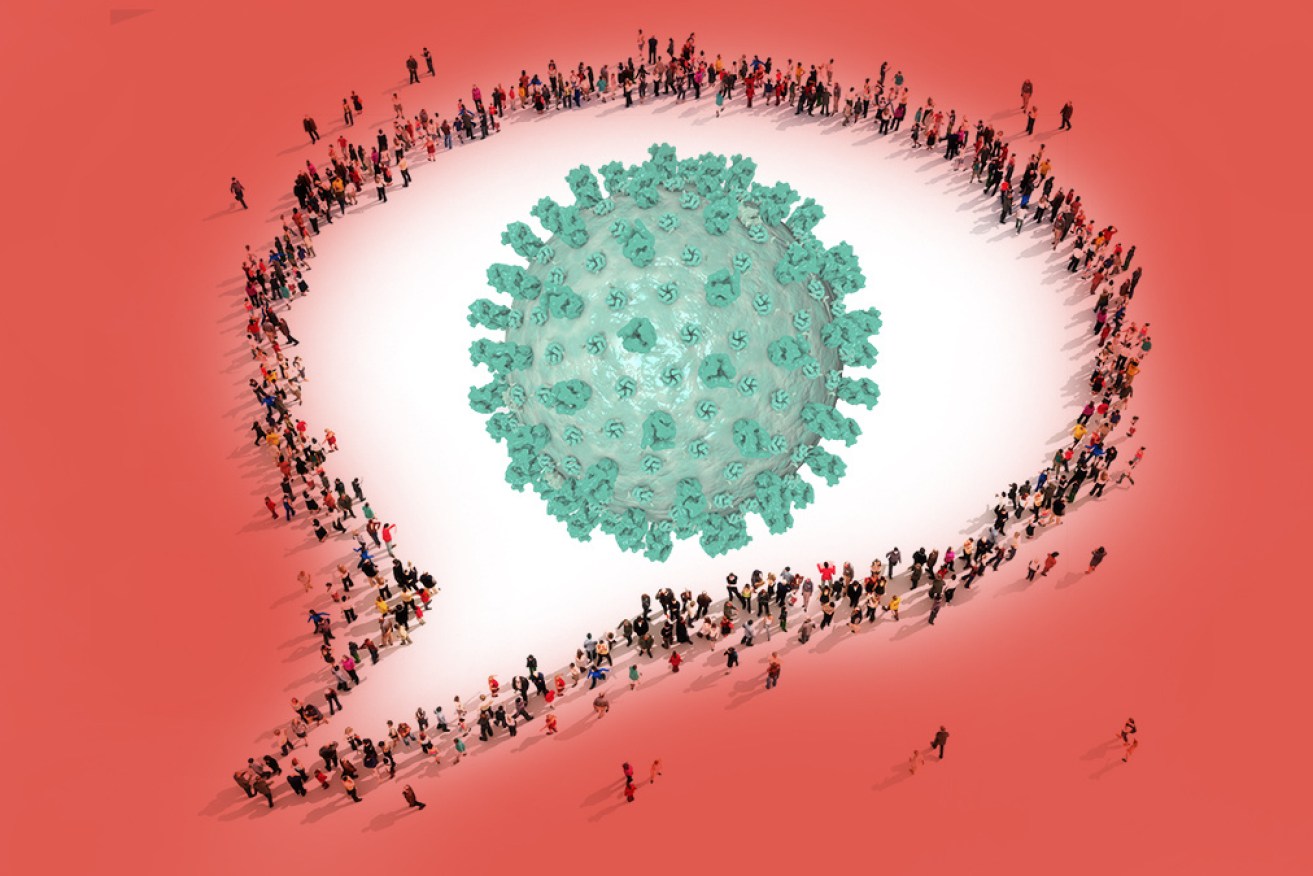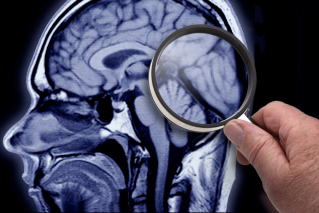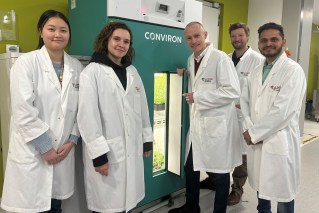Coronavirus Q&A: An expert answers Australia’s COVID-19 questions


The coronavirus has raised a lot of questions. Read on for some answers. Photo: Ema Osakov
As the coronavirus pandemic escalates, Australians and people around the world are looking for answers to their questions about the virus, and the disease it causes: COVID-19.
To help inform the public, the Australian Science Media Centre put some coronavirus questions to academic experts.
This is what Professor Bruce Thompson, Dean of Health at Swinburne University, had to say:
Does surviving COVID-19 give you immune protection?
“Yes it does. We are still not entirely clear whether it is full protection, however it is much better than no protection.”
Face masks: Should healthy people wear one?
Seriously people- STOP BUYING MASKS!
They are NOT effective in preventing general public from catching #Coronavirus, but if healthcare providers can’t get them to care for sick patients, it puts them and our communities at risk!
https://t.co/UxZRwxxKL9— U.S. Surgeon General (@Surgeon_General) February 29, 2020
No. Panic-buying of masks is “stopping supply to the hospitals, which really do need them,” Professor Thompson said.
“We don’t have the supply chain for everyone to have them and the hospitals need them.”
#FlattenTheCurve: Why is flattening the curve important?
“Flattening the curve” — a term epidemiologists use — refers to preventing a huge spike in #coronaviruses cases.
By limiting social interactions, public gatherings, and non-emergency travel, the spread of the virus slows and we avoid inundating hospitals. https://t.co/JnRAMkFrtQ
— Vox (@voxdotcom) March 10, 2020
“The flattening of the curve is in relation to the number of people who have the virus.
“Basically we are trying to stop the increase, or rise, in the number of new cases. So if you imagine the curve of number of cases versus time, if there are no new cases the curve flattens out.
“The reason why it is some important is that we are demonstrating that the control measures are working and the virus is not being spread and hopefully eventually dies out.”
What is the best way to help #FlattenTheCurve?
“The best thing to do is the simple things like hand washing and hand sanitising and social distancing.
If you are sick then isolate – staying at home is perfectly fine. Keep a distance from each other.
“It is very similar to having a horrible cold.
“If you have a horrible cold you don’t want to give it to anyone and if you know someone with a horrible cold you normally don’t want to catch it, so you distance yourself.
“Don’t shake hands or kiss each other etcetera.”
What is the current situation like for the healthcare system and will it hold up?
“At this stage all is OK, however if the virus spreads as it has done in other countries like China and Italy it will put huge pressure on the health care system.
“This is the very thing that we are trying to avoid by placing the country into isolation.
“It is also bigger than COVID-19, as taking up hospital beds with COVID-19 is displacing people with the usual things people go to hospital for.
“Plus, we are about to enter influenza season which 300,000 people had in Australia and which killed 800 people.”
Does keeping schools open minimise the risk to vulnerable groups such as the elderly?
“This is an interesting argument. Understandably we need to protect the most vulnerable, which are the elderly and people with comorbidities.
“So increasing their exposure [to children that may be carrying the disease] is not a great idea.
So if the government does close schools, which on one level makes sense, then children need to be looked after by a low-risk group.’’
Is Australia heading for the same situation as Italy?
“Hopefully not! [That] is the very reason the government is correctly following the advice of the [chief medical officer] and putting into place the current measures.
The sooner we do this, the quicker we can stop the spread of the virus.
“We know from countries such as Singapore, that have put in isolation measures, that they have effectively stopped the increase in cases.
“Countries that didn’t do this, such as Italy, have struggled to contain the virus.”
Why does it take so long to make a coronavirus vaccine?
“A vaccine is like a medicine. First it needs to be developed.
“For any medicine to be sold it needs to go through the standard process of clinical trials including phase one to three trials.
We need to ensure that the medicine is safe, will not do harm, and know how effective it is.’’
Herd Immunity: It’s being discussed in the UK. What is it and could it work?
“The Herd Immunity concept works on the principle that if I am vaccinated or already had the virus I am protected from it, but more importantly I cannot give it some else.
“Furthermore if you have 100 people, one has the virus and the other 99 people have either been vaccinated or indeed had the virus, there is no where the virus can go – i.e. it can’t be transmitted so it eventually dies out.
“So it comes down to statistics. If one person has the virus and the other 99 are not vaccinated or have it, the virus will spread easily.
“The more people that are vaccinated the better, as it makes it harder for the virus to spread.
“So the UK saying let the virus spread and all will be fine, as it will eventually build up a herd immunity.
“That would be fine if there was no risk to having the virus.
However we know that the mortality is 1 to 3 per cent, which in a population of the size of the UK could mean hundreds of thousands of deaths and millions hospitalised.
“This is not the correct approach to take.”








